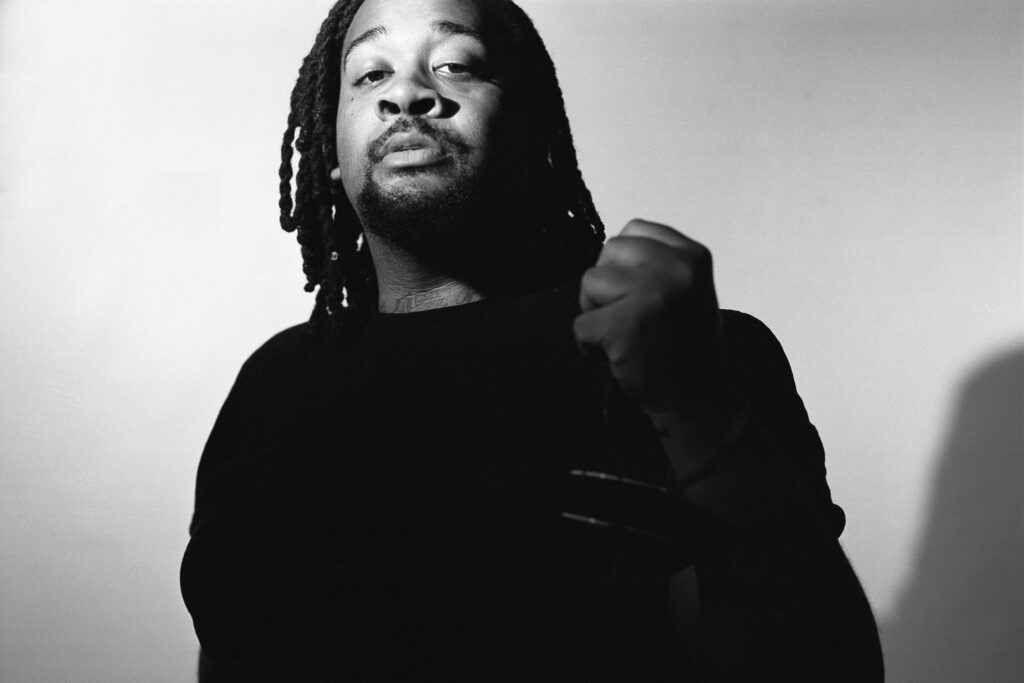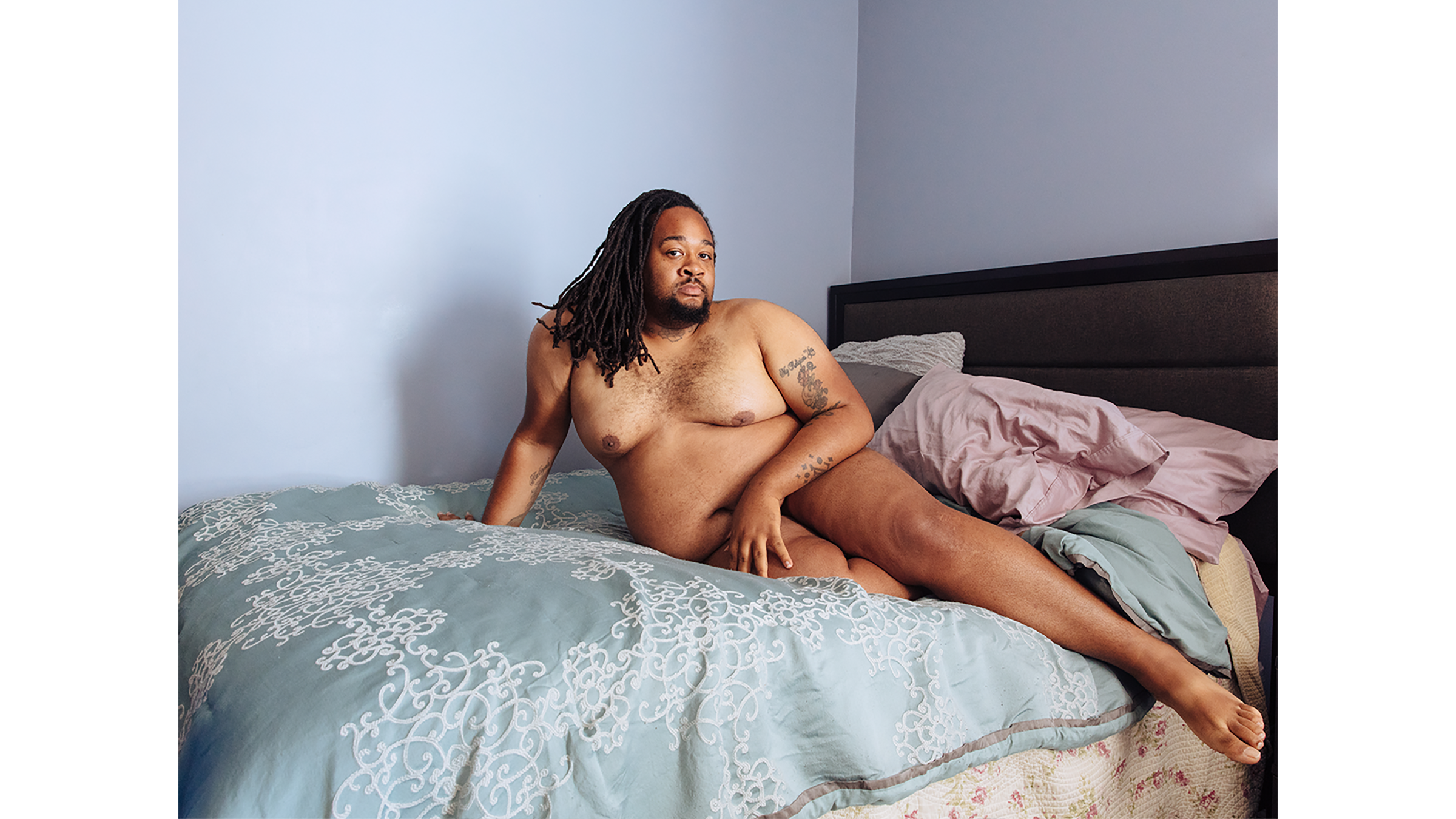Gioncarlo Valentine

a virtual exhibit of work by the 2020 MDOCS Storytellers’ Institute Fellows
I left New York for Hawaii because I was afraid of being stuck in the house with roommates that I didn’t much enjoy. I thought about being trapped inside the concentrated quality of the noise, the lack of cleanliness and accountability and I ran for the hills. I didn’t know that things would get this bad. I didn’t know that over 100,000 people would die in the U.S. alone. I didn’t know that racial terrorism would not only continue but be hastened by the fact that Covid-19 disproportionately targets and kills Black people. I didn’t know.
Being in Hawaii with my best friend was an extremely difficult pleasure. I loved waking up and seeing my sister’s beautiful face, except for the days when I did not love it. Days where I’d awaken in the grip of panic attacks after dreaming about my family, imagining scenarios of death and isolation, fervently knocking on wood and gripping my chest and imagining what I would do if something happened to one of them while I was twelve hours away on an island. There were days when I’d walk out of my temporary room and see my best friend’s lovely, endearing face and roll my eyes thinking about the fight we’d had the night before. These days were few, but in the midst of them I’d come undone.
Most of the time I wanted so much to be held, to be touched. I wanted so much to fall into an embrace that was not my own. I wanted my mother; I wanted my friends. Watching from a complicated paradise as the world eroded upon itself was agonizing. Our grocery stores were stocked and quiet, they never had lines, I could easily find the unthinkable: Lysol Wipes, Hand Sanitizer. As the death toll in New York City crept past 1000 people per day, we barely had any in Honolulu. The dissonance and guilt weighed heavy on me. When I prepared to come back to New York, my home, I was so afraid. Protests demanding justice for the murders Breonna Taylor, George Floyd, Ahmaud Arbery, Sean Reed, Tony McDade, Nina Pop, and far too many to ever name, had just begun and the Covid-19 numbers had started to plummet. Summer was approaching and the city was in peril.
Sitting quietly in my home after 77 days away feels strange. I’ve gained 18 pounds from cooking and eating and eating and eating every day. The faucets feel looser when I twist them, the late spring sunlight falls differently on the floor. I miss the citrus in the air of Honolulu, the sound of my beloved green parakeets. I miss the views of the mountains and the nearly constant early morning rain showers. I miss the sound of my sister, her laugh, her voice, her frustration. I miss feeling welcome but not quite at home.

(b. 1990) is an award-winning American photographer and writer. Valentine hails from Baltimore City and attended Towson University, in Maryland. Backed by his seven years in the social work field, his work focuses on issues faced by marginalized populations, most often focusing his lens on the experiences of Black/LGBTQIA+ communities. Gioncarlo’s work is deeply collaborative and seeks to examine notions of community and belonging. Gioncarlo is a member of the 2018 class of Skowhegan’s School of Painting and Sculpture. In 2019 he opened his debut solo show, The Soft Fence, at Blue Sky Gallery in Portland, OR, which culminated in a successful catalog, published by Blue Sky Books. He is a regular contributor to The New York Times and has had his work published in Propublica, The New Yorker, Vogue, and Esquire among others.
Work of the Fellows * Work of the Institute * Exhibition Description





